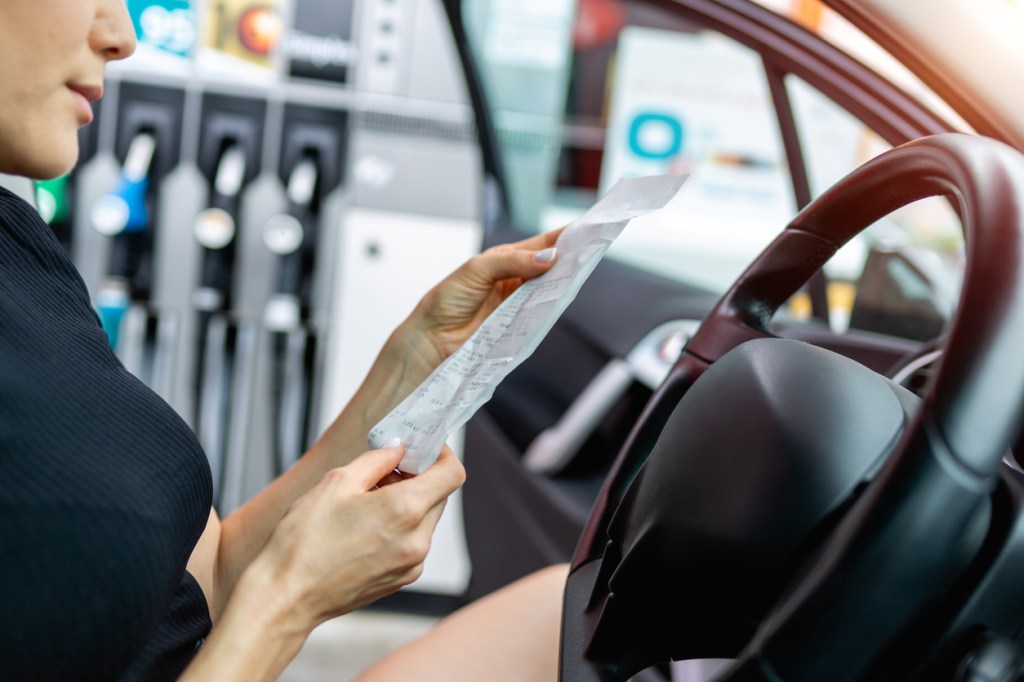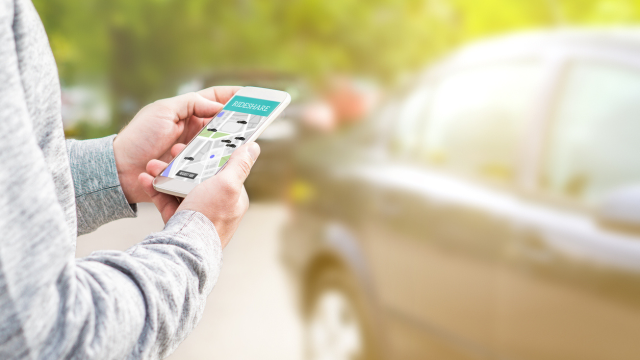
Growing up, owning a car was seen as an official mark of adulthood, the realisation that you now have complete independence. Although lately, that dream feels unattainable.
Cars are expensive, really expensive. If you were thinking about buying a cheaper car secondhand, you might struggle there also, as secondhand prices have only just started to see a decline since 2020.
But it’s not only the steep expense of buying a car right now that might bar you from owning your own vehicle. Thanks to expensive insurance rates, registration, petrol prices and maintenance fees, some are finding cars to be too expensive to maintain.
A study conducted by the Australian Automobile Association saw that car ownership in Australia costs nearly $19,000 a year, despite more than 95% of cars sitting idle most of the time. This means that your car that’s sitting in a car park is costing you upwards of $364 a week.

Despite this, it hasn’t stopped Australians from owning their own cars. In fact, Australia has the second highest rate of private car ownership, with over 15 million cars on our roads, and more than half of Australians owning more than one car.
In saying this, there is a growing sentiment among Australians to rely less on their private vehicles. A recent survey conducted by Censuswide on behalf of Uber revealed that almost half of city-based Australians want to see reduced road congestion, have parking easily available and live in a greener, more sustainable city.
Despite these dreams, car ownership has slowly been rising each year, making these wishes harder to attain.
One solution is car sharing. The idea behind it is that someone would be able to rent a car at any hour, and only be charged based on the time and distance you travelled with the car. This is meant to serve as a convenient option for individuals who only need to rent a car for a short period of time.
Through car sharing, Australians who also own cars, would be able to make money back on their yearly expenses and reduce the need for others to own one.
While Australia’s metro cities have reliable public transport infrastructure in place, driving to places yourself is still the most convenient and preferred form of transport for many Australians. Car sharing offers a reliable and affordable alternative.
Car sharing services have been popping up everywhere in major metro and suburban areas, with over 36 million drivers expected to be using a carsharing service by 2025.
Plenty of city governments are also working with carshare operators, seeing it as an option that will help ease congestion on the road, and also reduce carbon emissions.
Urban areas are seen as a perfect ground for platforms such as this, as the population density would offer plenty of conveniences, letting these platforms flourish. With a platform like Uber Carshare, you’d be able to rent a car on the day that you need by simply searching for cars in your neighbourhood in the Uber Carshare app. Or if you’re anticipating needing a car for a future appointment, or for moving, you can book a car far in advance for peace of mind.

So is there a future where carsharing overtakes car ownership? Research shows that car sharing reduces a household’s car ownership by 20%, and has saved households a significant amount of cash throughout the year. While there hasn’t been much research to investigate if car sharing will overtake car ownership in the future, with the rise of the cost of living expenses, we could see more adopting car sharing as one of their more preferred methods of transport once people realise how cost-effective and efficient it is to not own their own car.
Car sharing is great for metro and suburban residents, however, it’s yet to be seen how it will affect those who live in rural areas, meaning low population densities and long distances between societal functions. Research done in 2021 showed that environmental sustainability is less of a motivator, thanks to a common amount of transport poverty.
The potential base of users in rural areas would also be smaller, meaning that it might not be as reliable an option as having one’s own private car.
Car sharing remains an exciting and relatively new prospect, with more and more people signing up every day. While it’s too early to tell what the state of car ownership is going to look like, there’s no doubt the rising cost of living will be pushing car owners to rethink how they get around. With several big players like Silicon Valley and city governments looking to invest in the space, it’ll be exciting to see if car sharing can help ease the expense and environmental pain of car ownership.
If you’ve been considering giving up your car due to the costs, with Uber Carshare now available, there are plenty of convenient alternatives to having your own personal vehicle that won’t hit your wallet as hard. And if you think you’ll miss being behind the wheel yourself, the option of car sharing offers a freer and more exciting way to get behind the wheel on your own terms.
